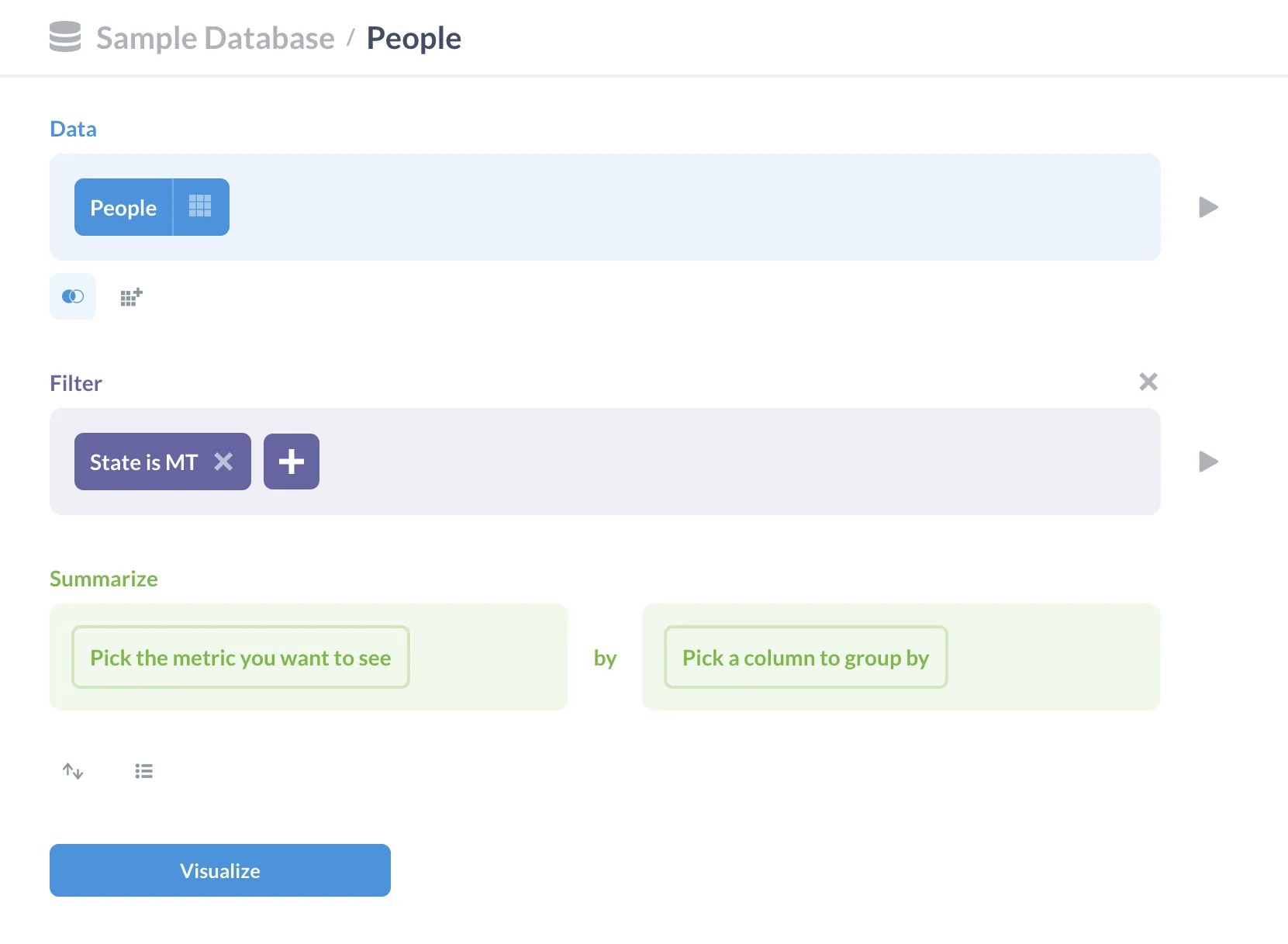What is a predicate?
In SQL, a predicate is a type of conditional expression that evaluates to either true or false, like quantity > 0. Including a predicate in your query narrows down your results by filtering out unwanted rows based on whether that expression returns true or false. Predicate expressions all contain some sort of comparison element, like =, >, or <.
When evaluated, the resulting true and false values are known as boolean values, though not all databases support boolean values as a data type. Not all databases support the same list of predicates either, especially predicates beyond mathematical comparisons (like BETWEEN or ISNULL), so check out your database’s documentation to know for sure which predicates will work for your use case.
Null values: not zero, just not there
While predicates typically evaluate to one of two boolean values (like true or false), if the field being evaluated lacks a value entirely, it’s known as null. That doesn’t mean its value is zero, but that rather that is no value present in that field.
If your predicate expression requires that quantity > 0, then a row without values will not return true or false, but rather will return null.
Example predicate
An example of a predicate is condition that follows WHERE in a simple SQL SELECT query, like so:
SELECT * from orders
WHERE subtotal > 35
In this case, our predicate expression is subtotal > 35. Each row in the Orders table has a value in the Subtotal field, and for each row, this predicate evaluates whether it’s true or false that the subtotal is greater than $35. From there, our query returns only those rows with a subtotal greater than $35.
In Metabase’s query builder, you use predicates when filtering your data. You can also write your own predicates in the notebook editor using custom expressions. In the question below, we’re filtering the People table in the Sample Database to only show us records where the State field equals Montana, or state = MT:




